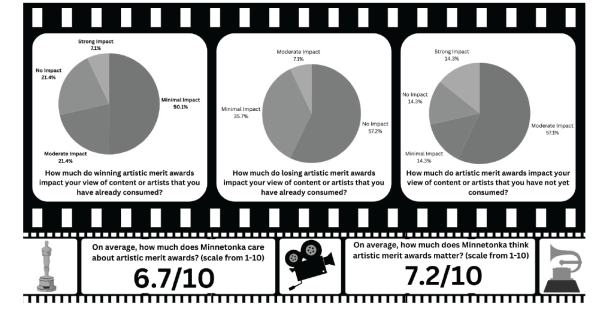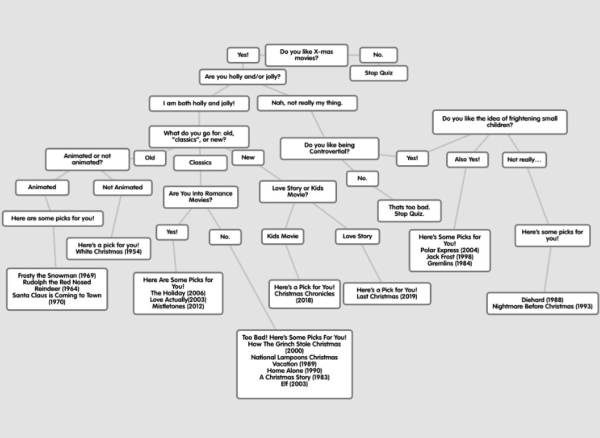Questioning the Role of Net Privacy in the Wake of the Facebook Scandal
April 27, 2018
On April 10, 2018, one of the current leaders in social media and technology faced the United States Senate, fielding questions concerning the recent social media scandal. This individual is Mark Zuckerberg, creator of Facebook, and the reason for his appearance was due to Facebook’s role in allowing Cambridge Analytica, a political data firm, access to the data of over 87 million facebook users.
While this scandal is not exactly “news” to the media, due to the coverage from countless other media outlets, it does bring up the very important issue of data rights and questions about the Internet itself, something that cannot be talked about enough.
In the age of the iPhone and the omnipresent Google, the Internet has become a norm for many. People, like myself, who have grown up around devices and been exposed so early to the world of the web have, foolishly, not questioned this new construct of reality. The Internet has so many positives and is truly a wildly modern invention that has changed history. The power of connection is what the Internet offers so well; it has the ability to share messages, videos, pictures and everything in between. It has brought this vast planet together and allowed for a new level of connecting with other humans.
But in the midst of this, there is the undeniable fact that the web will play a huge role in the coming history. With this considerable impact comes the need for regulations and understanding, or at least a discussion about data rights and online privacy.
With the outrage caused by the Facebook scandal, one might expect that more would be done to question the rights of users. Despite Mark Zuckerberg’s presence at the Senate and Congress, and the trend calling for #DeleteFacebook, the topic of users’ rights is not being talked about enough.
TechCrunch, a publisher of technology news, has even reported that “a majority of users haven’t altered their settings and advertisers appear to be staying put. We have not seen wild changes in behavior with people saying, ‘I’m not going to share any data with Facebook anymore.’”
Global Marketing VP Carolyn Everson told the site, “the lack of momentum offers the idea that maybe people don’t care about this issue.”
Yet, ZDNet, another technology news site, shows some people who appear to care deeply for privacy online. According to their sample size of 3,000 people in the UK, US, and Germany, 81% of Americans care about a presidential candidate’s stance on data privacy. And depending on the individual, some people prefer more privacy than others. This has been shown throughout the Facebook scandal, from the people who are outraged and demanding more privacy, to people who care very little and are still using Facebook.
The difference of opinions is just one example of the conflict and, more importantly, confusion that data rights has caused. While it’s hard to tell what the consensus is on the lack of privacy on the Internet, and whether people care, one thing can be concluded: we don’t know enough about it. Even though this sounds like an insufficient answer, it’s the truth. And until people know just what companies, websites, and the government are doing with the stuff we put out online, we won’t be able to do anything about privacy on the web, or rather the lack thereof.
This is why we need to start talking. We need to have actual communication between the users of the online world and the companies, organization, and creators of it. What people don’t consider when they go online is that everything is being tracked or downloaded in some way. It is a scary thought, because we don’t know where all of that information goes. We don’t know who has it, and what they might do with it if they did.The issue of privacy is not going to go away, and if our society keeps progressing in the way it has, who knows how vital privacy may become? The need for actual communication and answers is desperate. How can we possibly decide what we don’t want to share versus what we do, when we don’t know what will be shared? The Facebook scandal is just the start of the discussion on the purpose of the Internet and how it can be used wisely and effectively. I only hope the rest of the world sees it this way too.































